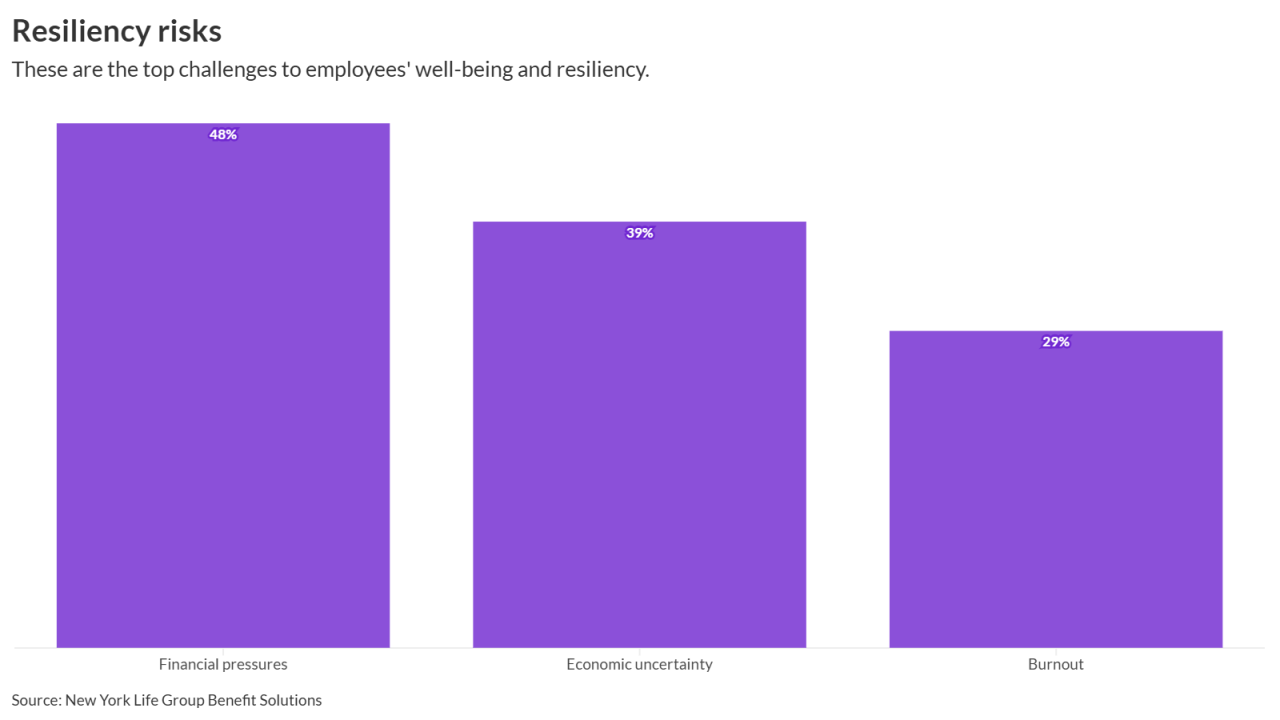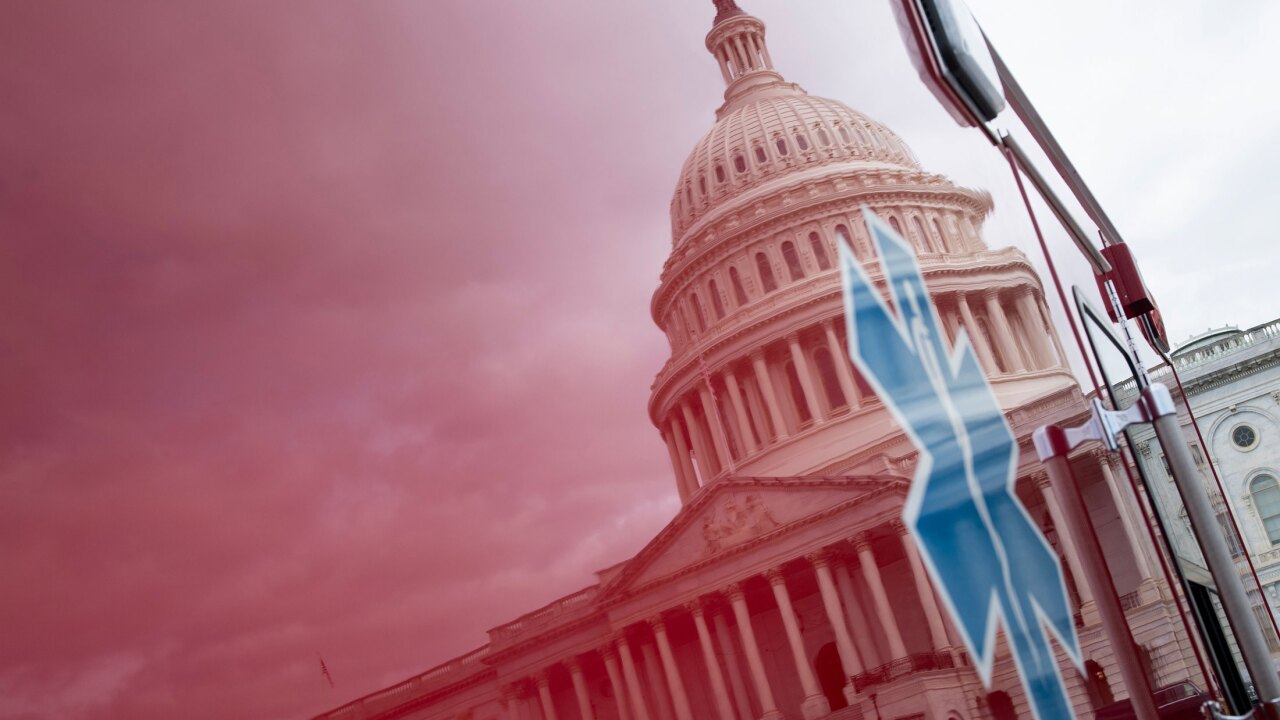While COVID-19 came with few silver linings, it did push the U.S. federal government to expand social services like Medicaid for millions of Americans. However, that policy is now coming to an end.
The COVID Public Health Emergency (PHE) has expired, along with the Medicaid enrollment provision under the Families First Coronavirus Response Act, which stipulated that state Medicaid programs must keep people continuously enrolled each year until the PHE is over. Traditionally, Medicaid programs redetermine eligibility each year, checking enrollees' current
The Kaiser Family Foundation estimates that Medicaid enrollment grew by 23.3 million since February 2020. But as states resume Medicaid redetermination, as many as 14.2 million Americans will lose coverage. Still, those who have been enrolled in Medicaid for the past three years shouldn't lose hope if they are no longer eligible, underlines Noah Lang, CEO of Stride Health, a platform that helps Americans enroll in plans provided by the Affordable Care Act (ACA) marketplace.
Read more:
"Our chief concern is driving education and awareness for this portion of the population who are going to be redetermined," says Lang. "And the good news is many, if not most of the folks who are going to be redetermined have a huge opportunity to stay covered, by switching to ACA-based plans."
The ACA marketplace offers
In a 2022 survey by Stride, over half of uninsured gig workers listed affordability as the reason they did not attempt to get health insurance of some kind. Meanwhile, 45% of respondents said the opposite, noting that they had paid nothing in premiums for their ACA plans — Lang sees this as a wide education gap he's hoping his company can close.
Read more:
"Almost half the gig economy is getting free coverage under the ACA., and that's a huge win for this country," he says. "But there's a big perceived affordability gap for the other half of workers."
Lang encourages Medicaid enrollees to be proactive and find out if they can keep their coverage sooner rather than later. States will likely send a notice via mail regarding whether they need to reapply.
"Check your mail, understand what kind of coverage you have and be ready to respond with documentation of your income," says Lang. "If you're earning more income than you were before and you no longer qualify for Medicaid, then your job is to shop for coverage."
Read more:
If waiting for a letter in the mail seems too tortuous, Lang suggests connecting with their current health plan's carrier, which is often run by private insurance companies — it will be easier to contact the carrier than a local or state Medicaid agency.
As for employers, Lang advises them to take extra care to remind their hourly, part-time and freelance workers about Medicaid redetermination, and direct them to resources like Stride or healthcare.gov for guidance on how to shop for their next plan. Workers still look to their employers for
"People still think about benefits in terms of the places they're getting paid," he says. "So build loyalty, affinity and connection in your workforce by educating them about what's going on and who they need to talk to get assistance. This is a fundamental financial challenge that a significant portion of your workforce is probably going to be dealing with over the next couple of months."
Read more:
While losing coverage for any period of time is less than ideal, Lang is confident that a majority of those enrolled in Medicaid will find even better plans in the ACA marketplace, with better provider networks and without breaking the bank.
"Odds are, if you're shifting out of Medicaid eligibility up into ACA legibility, you're going to qualify for free or nearly free coverage," says Lang. "So don't be terrified if you are kicked off Medicaid. Be proactive and look for coverage."






